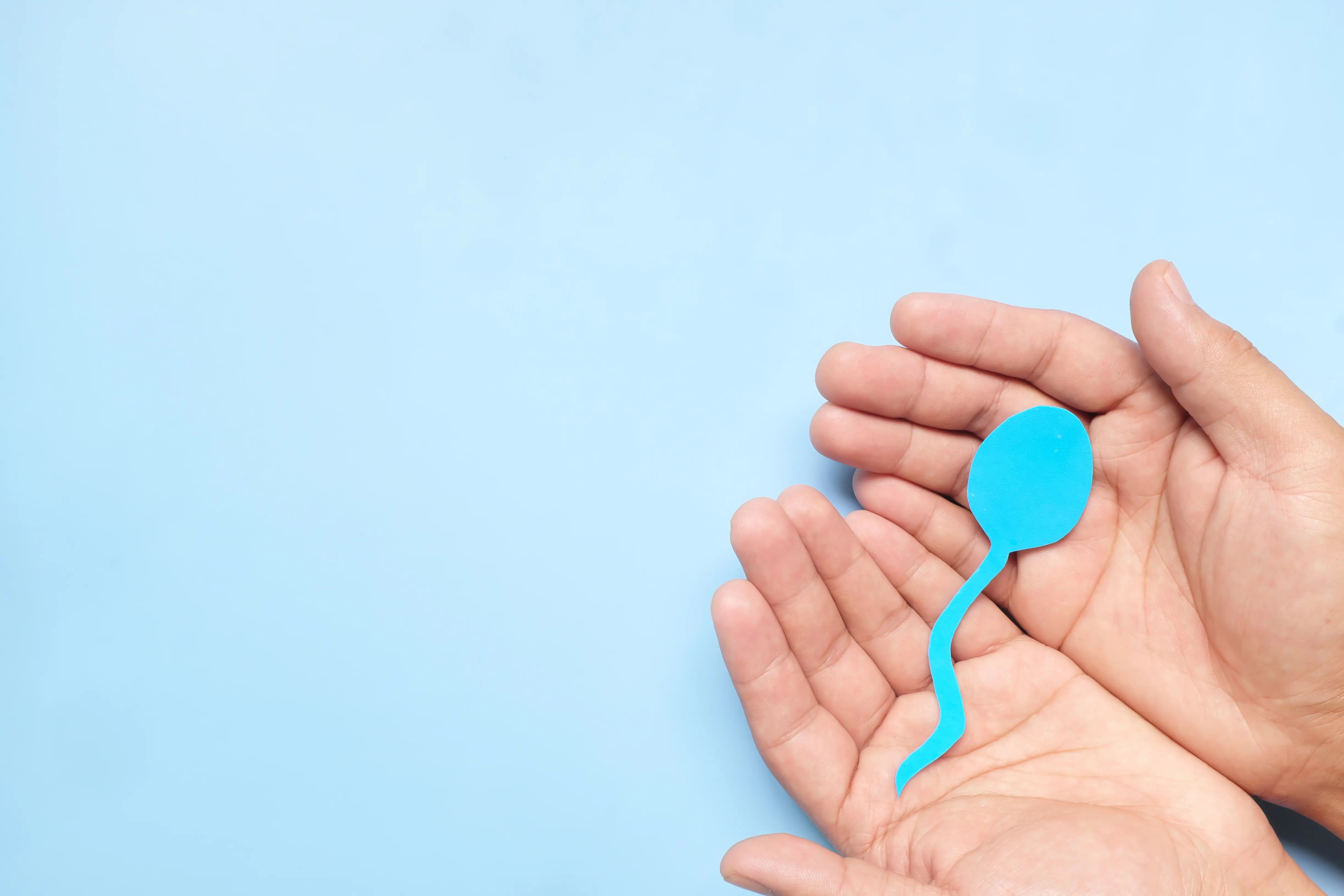- Male
- 27 Years
- 22/01/2025
I'm 27 and I've been noticing something strange. When I masturbate, my penis gets really tight, but when I'm having sex with my girlfriend, it doesn't seem to get as tight. It's got me super worried. Could you help me understand what's going on?
Answered by 1 Apollo Doctors
It's normal for the penis to feel firmer or tighter during masturbation due to different levels of arousal and muscle contraction. During sex, the physical and emotional dynamics are different, which can affect how the penis feels. If you're concerned, consider speaking with a healthcare provider for further reassurance.
Dr. Dr Khaleel Suggests...
Consult a Urologist
Answered 04/07/2025
0
0

More Urology Health Queries
View allI'm a bit concerned because I've been masturbating pretty regularly and I'm noticing it seems like my penis is getting smaller over time. I'm still doing well in bed, but is there a chance I'm overthinking this?
Visit Physician for evaluation and appropriate management
Answered by 1 Apollo Doctors
my foreskin is really tight and causing a lot of pain, what should I do? do I need to see a specialist for this or are there any precautions I can take first? is surgery the only option or are there other treatments?
For tight foreskin and pain, consult a urologist for an evaluation. You may not need surgery right away; steroid creams or gentle stretching exercises can sometimes resolve the issue. If surgery is needed, a circumcision could be done.
Answered by 1 Apollo Doctors
I'm really worried about something called Prostatomegaly grade 3. Can you explain what that actually means? Like, how serious is it, and do we know what usually causes this to happen? I'm also curious about the treatment options available and how effective they are. I'm hoping there's a good chance it can be cured.
Probable diagnosis is beningn prostatic hyperplasia, patient is advised tab urimax0.4 mg,orally,once daily.
Answered by 1 Apollo Doctors
Disclaimer: Answers on Apollo 247 are not intended to replace your doctor advice. Always seek help of a professional doctor in case of an medical emergency or ailment.





